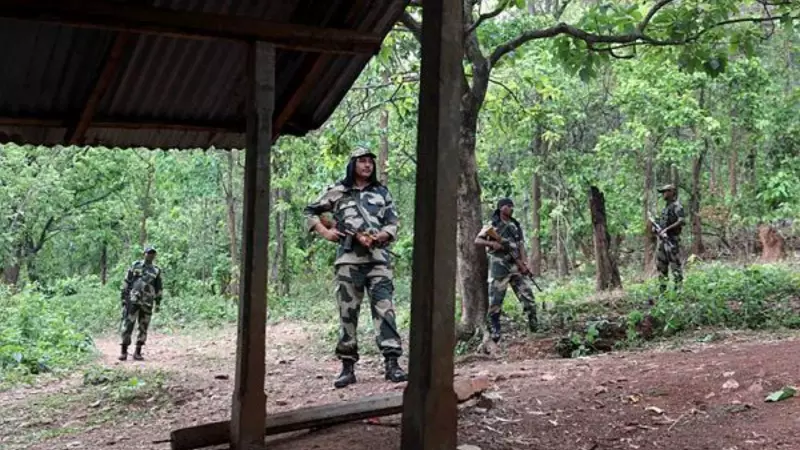
In a significant development that counters recent media narratives, the top leadership of the Communist Party of India (Maoist) has categorically denied reports about organizational changes within their hierarchy. The party has specifically refuted claims regarding the promotion of senior leader Devuji to the position of General Secretary.
The denial came through an exclusive communication to The Indian Express, where Maoist representatives labeled the circulating reports as "completely untrue and baseless". This strong rebuttal aims to counter what they describe as "propaganda being spread through certain media channels" about their internal leadership structure.
Official Statement Contradicts Earlier Claims
According to the official statement released by the banned organization, there has been no recent change in their top leadership positions. The party emphasized that the current organizational structure remains unchanged, directly contradicting earlier media reports that suggested a significant reshuffle in their command chain.
The Maoist communication particularly focused on denying Devuji's alleged elevation, stating that the information being circulated about his promotion lacks any factual basis. This clarification comes amid ongoing security operations against Maoist groups in various states.
Background of the Controversy
The controversy began when certain media outlets reported that Devuji, a prominent figure within the Maoist hierarchy, had been appointed as the new General Secretary of the organization. These reports had gained traction in security and intelligence circles, prompting the need for an official clarification from the Maoist leadership itself.
The party's decision to issue a formal denial through established media channels indicates their continued engagement with mainstream media despite their underground status. This approach suggests an ongoing effort to control their public narrative and counter what they perceive as misinformation.
Security Implications and Analysis
Security analysts monitoring left-wing extremism note that such denials from Maoist leadership are significant for multiple reasons:
- They provide insights into the current state of the organization's leadership
- They reflect the group's media strategy and communication patterns
- They help intelligence agencies verify information about organizational changes
- They indicate the group's sensitivity to public perception
The timing of this denial is particularly noteworthy, coming at a time when security forces have intensified operations against Maoist groups in several states. The clarification about leadership stability within the organization could have implications for how security agencies assess the group's current capabilities and command structure.
As the situation develops, security experts and government agencies continue to monitor Maoist communications for insights into the organization's internal dynamics and strategic direction.






